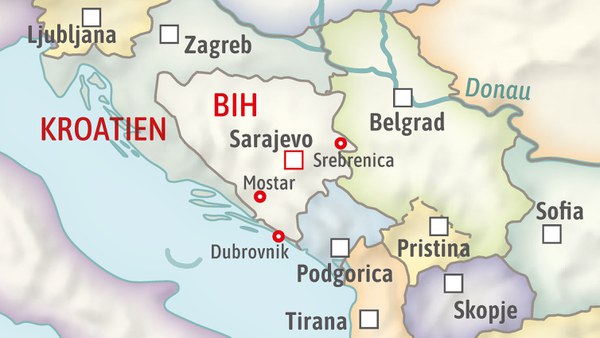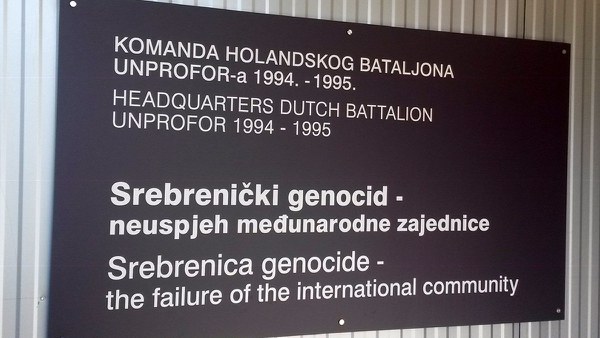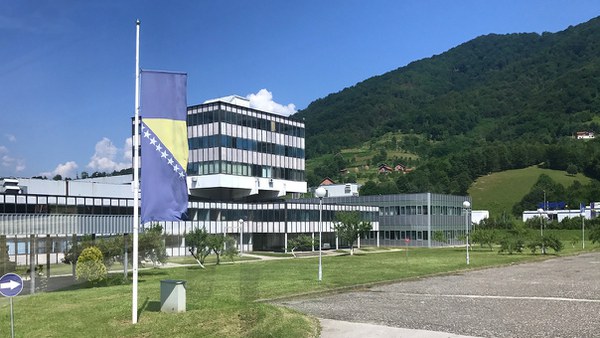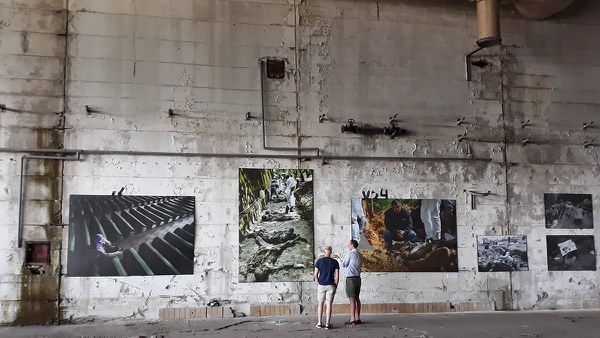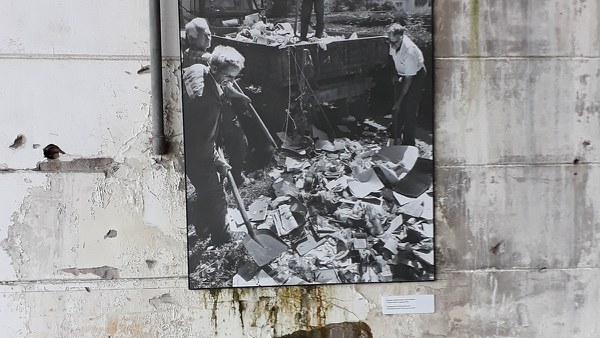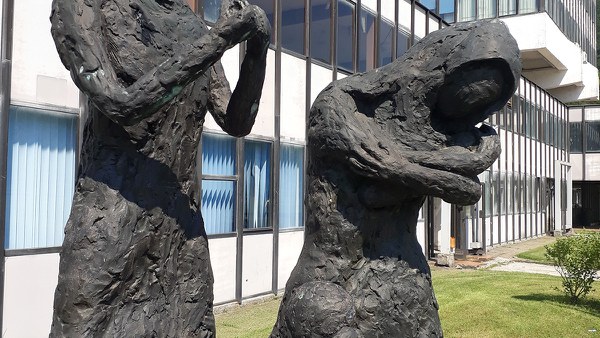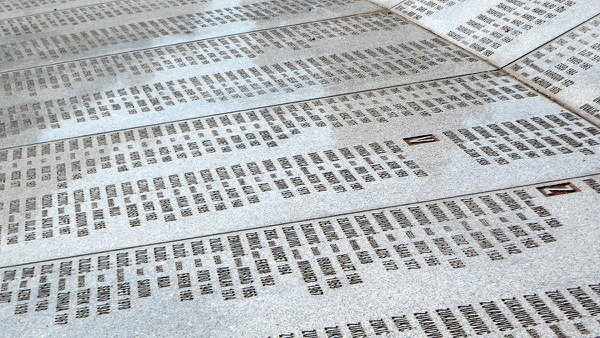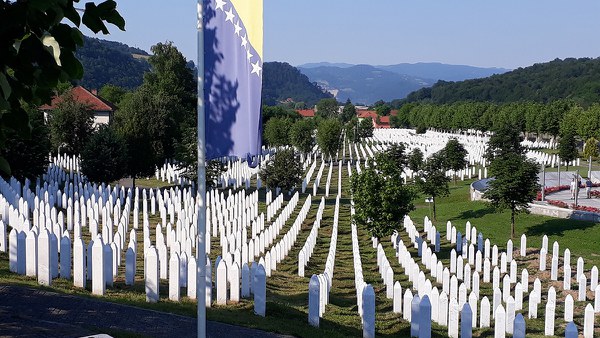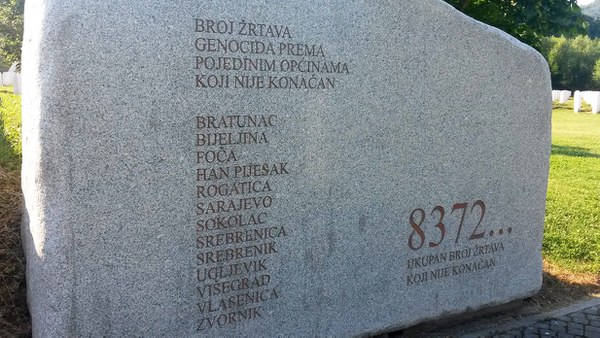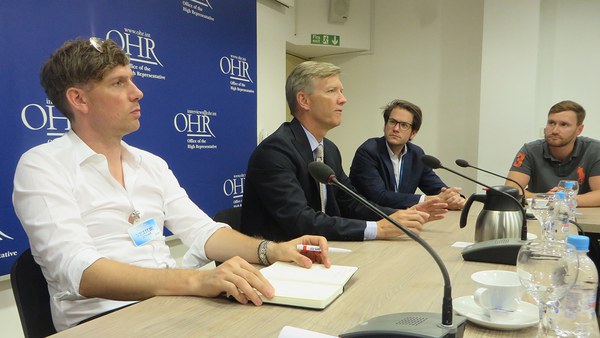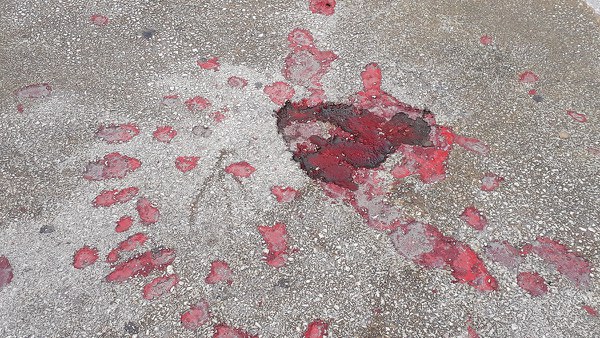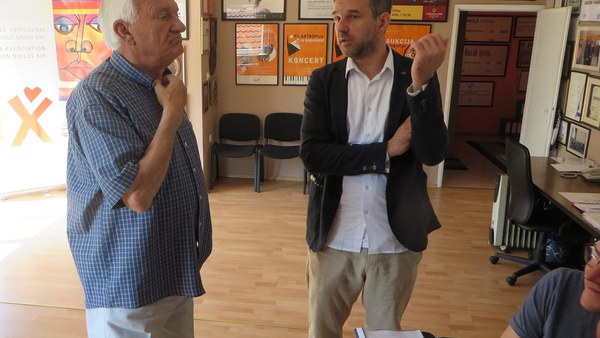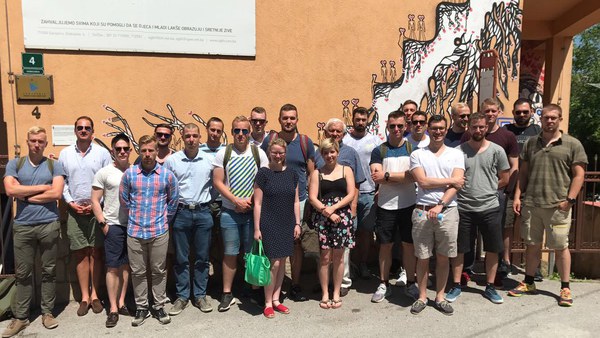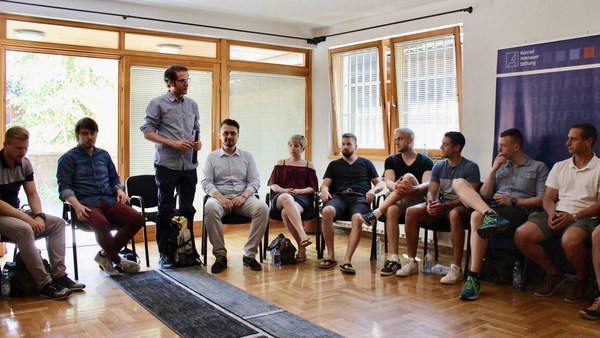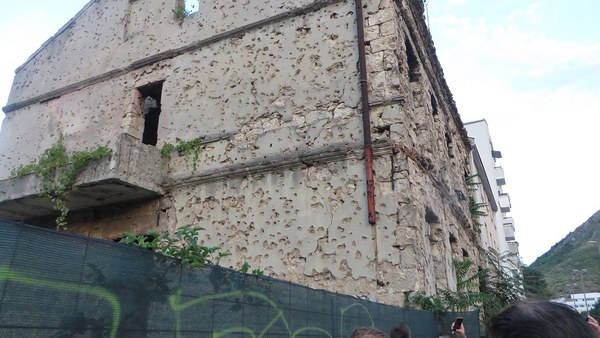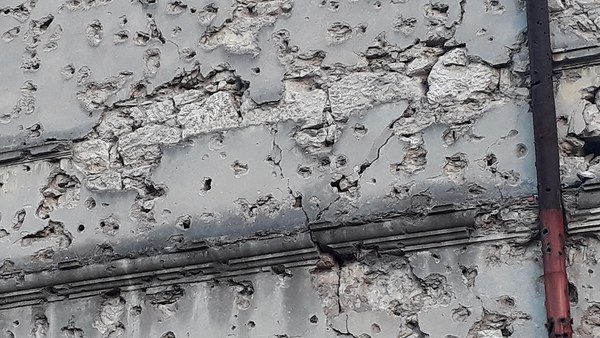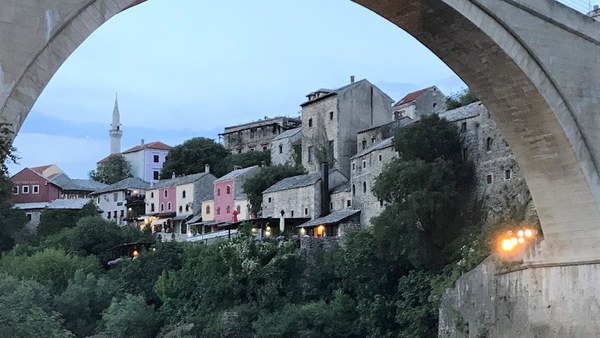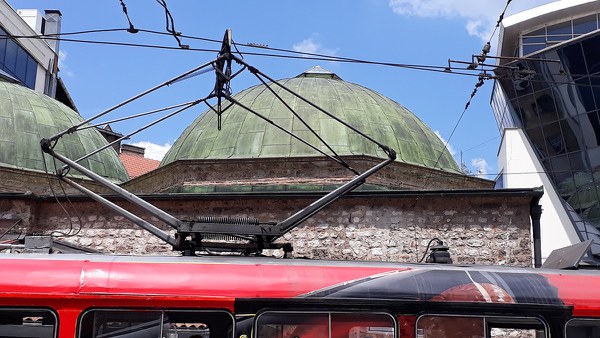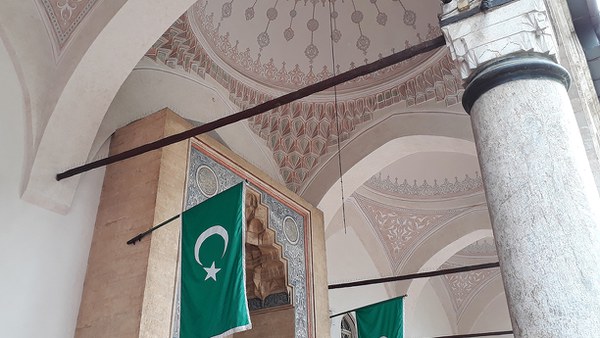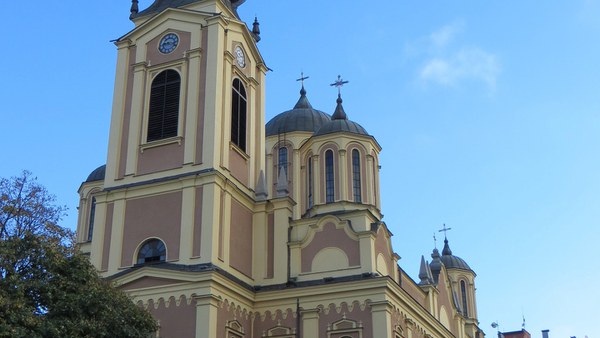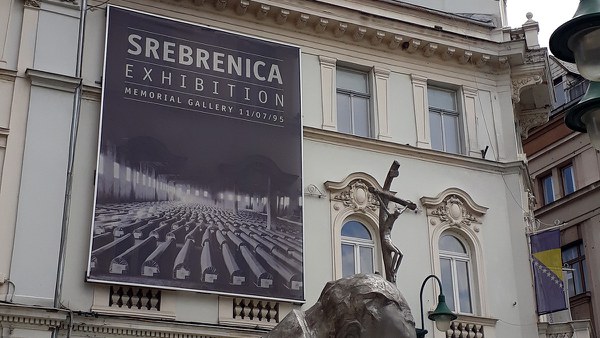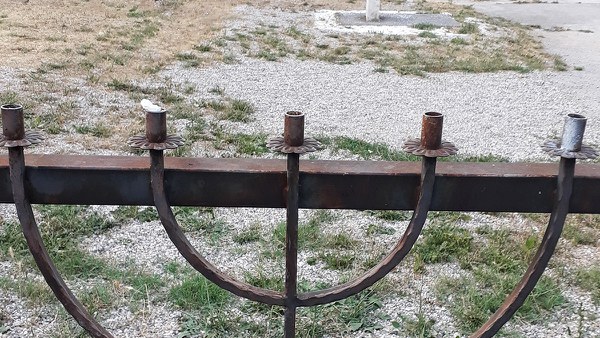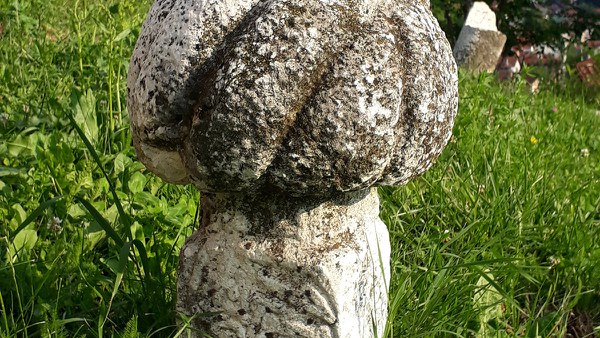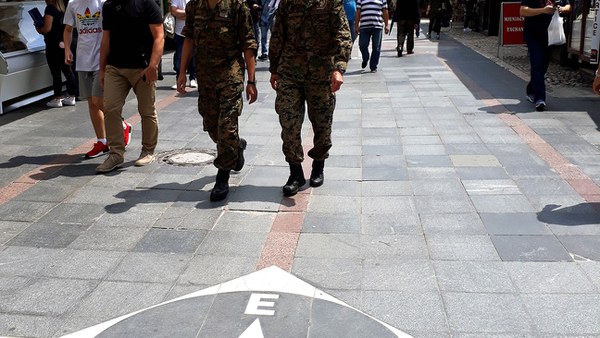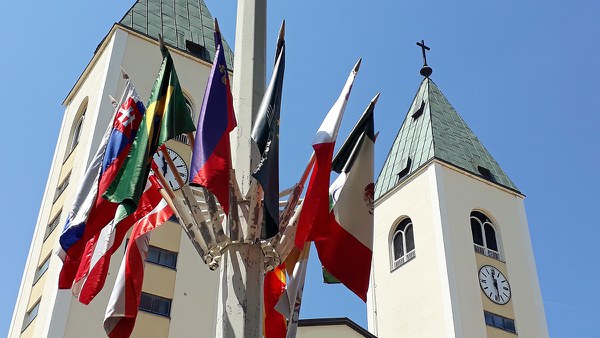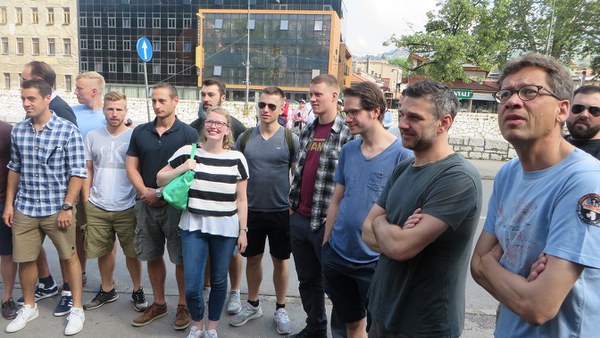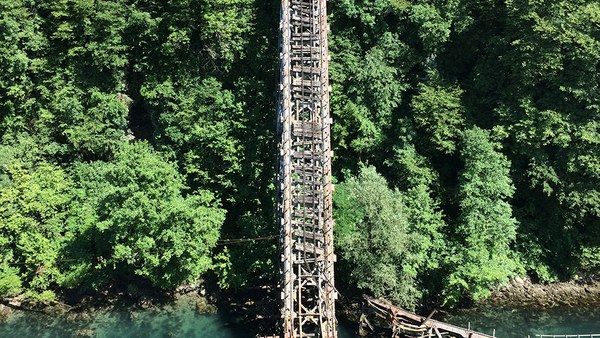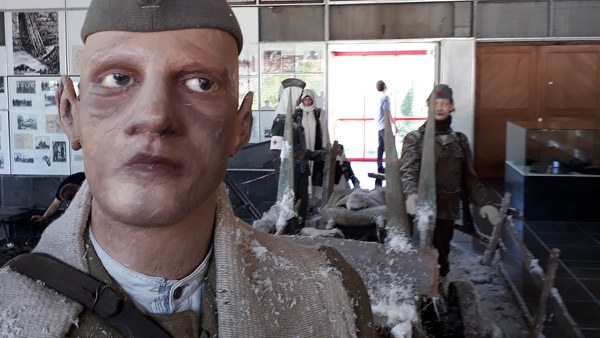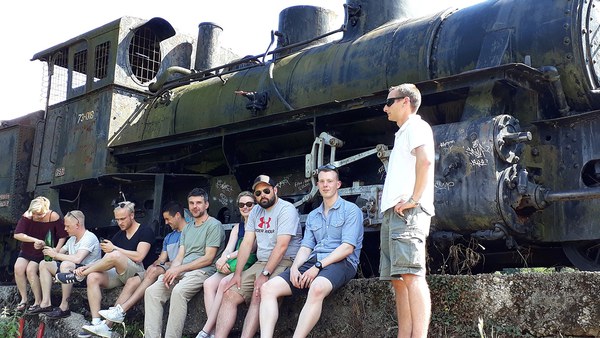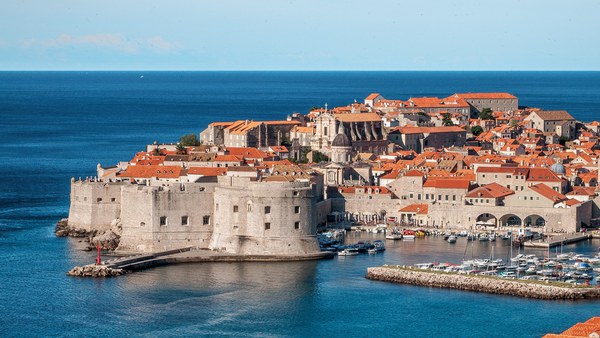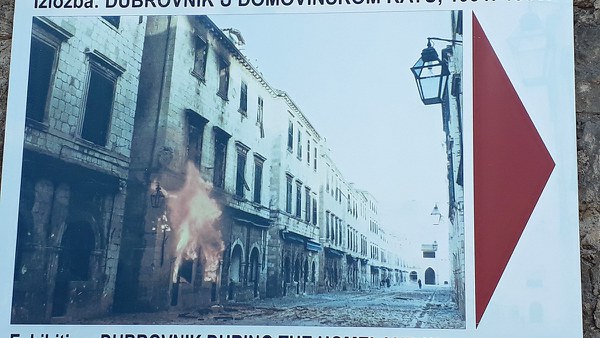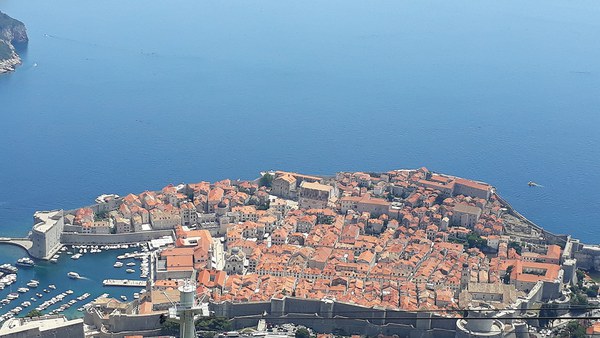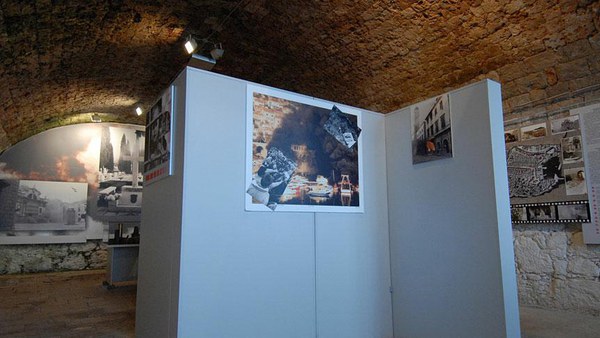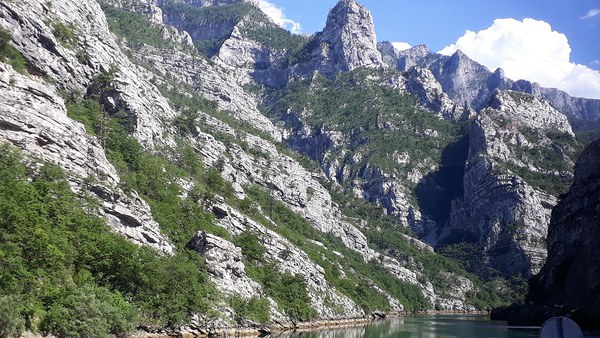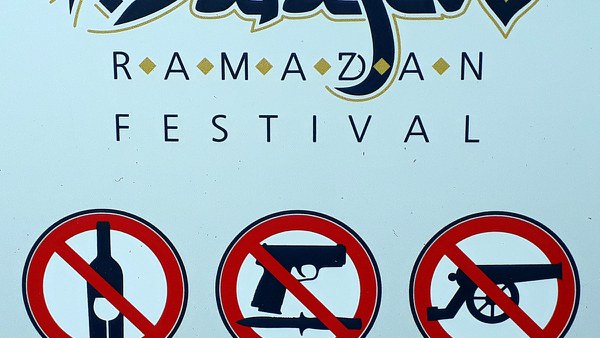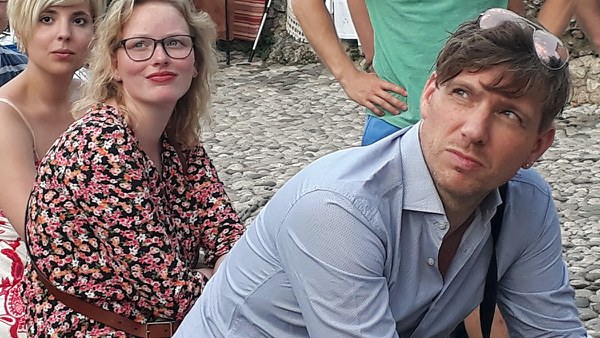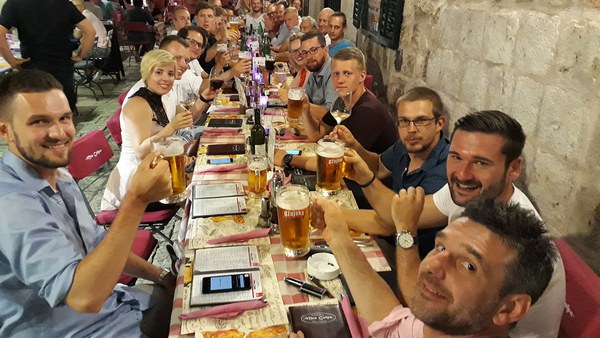| Program overview (German) | Press reviews & reports (German) |
The violent collapse of the multiethnic state of Yugoslavia in the 1990s has influenced national narratives and public debates in this region to the present day. The participants of the 2017 study trip were able to see this for themselves during their visit. A guided tour of Sarajevo focused on politics and history, in particular the assassination of the heir to the Austro-Hungarian throne, Archduke Franz Ferdinand, which triggered the outbreak of World War I. The situation in Sarajevo during the siege by Bosnian Serb troops was explained to us by retired Bosnian general Jovan Divjak, who was responsible for the city’s defense at that time.
During a meeting with the Principal Deputy of the High Representative for Bosnia and Herzegovina, Bruce Berton, we learned that Bosnia and Herzegovina is an internationally unique political construct. The Dayton Peace Agreement gives the High Representative the authority to impose laws and to remove public officials from office. The position of the High Representative is based on the belief of the international community that Bosnian Serbs, Croats and Muslims would descend into violent conflict again if there is no intervention from outside. The Srebrenica massacre was by far the worst incident of violence during the Bosnian War. The participants of the study trip not only had an opportunity to visit the site of the massacre. They were also able to speak with Hasan Nuhanovic, a witness and survivor of the massacre.
In order to learn more about the Croatian perspective on the conflicts of the 1990s, we were given a detailed historical and political tour of Dubrovnik and visited the Museum of the Croatian War of Independence.
